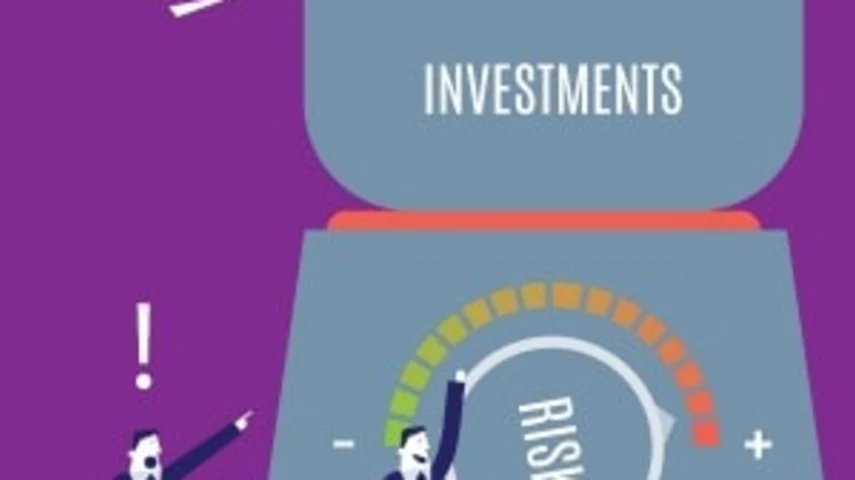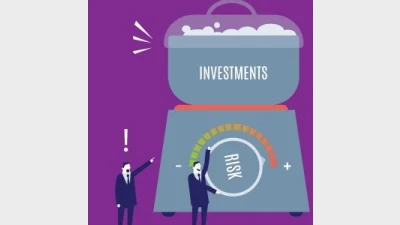Global investor confidence up a point in July



Global investor confidence increased 1.0 point to 101.8 in July 2018 from a revised June reading of 100.8, according to the State Street Investor Confidence Index (ICI), as geopolitical uncertainty continued to limit investors’ appetite for risk.
Confidence among North American investors fell, with the North American ICI down from 104.2 to 103.4, while the European ICI was up 0.7 points to 91.5 and the Asia ICI was up by 0.5 points to 103.3.
A neutral index reading of 100 indicates that investors are neither increasing nor decreasing their long-term allocations to risky assets. State Street said what sets its index differs apart from survey-based measures is that it is based on actual trades, as opposed to opinions, of institutional investors.
“Despite the recent rebound in equity markets, we haven’t seen significant traction in risk appetite globally over the past couple of months,” said Rajeev Bhargava, managing director and head of investor behaviour research at State Street Associates.
“It appears that geopolitical uncertainty continues to be a major risk factor on the minds of investors.”
Kenneth Froot, who developed the index along with Paul O’Connell at State Street Associates, said the regional breakdown showed that North American and Asian investors have tamed their risk appetite from an overly optimistic level, with ICI readings just a few points above the neutral mark.
“At the same time, European investor sentiment remains anchored in risk-off territory. It is possible that the prospects of escalating trade protectionism, political uncertainty, and lagging earnings growth continue to depress institutional investor sentiment,” he said.
Recommended for you
The structural shift towards active ETFs will reshape the asset management industry, according to McKinsey, and financial advisers will be a key group for managers to focus their distribution.
ASIC has warned that practices across the $200 billion private credit market are inconsistent and, in some cases, require serious improvement.
A surge in electricity prices has driven the monthly Consumer Price Index to its highest level in a year, exceeding forecasts.
Infrastructure well-positioned to hedge against global uncertainty, says investment chief.







